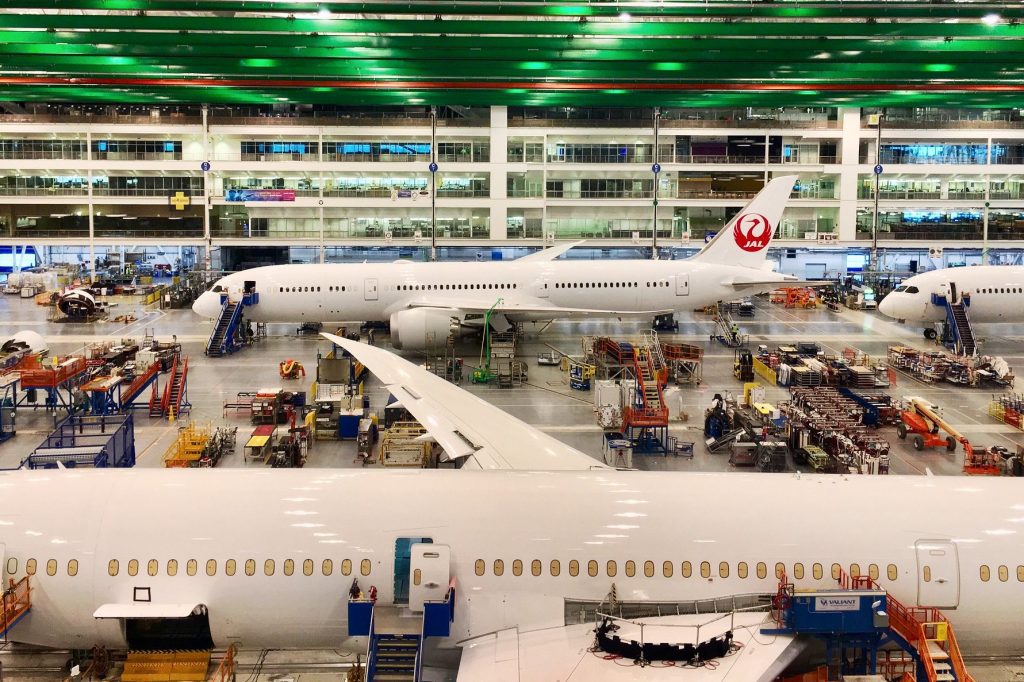Senators Call for 'Detailed' Investigation Into Boeing Following Whistleblower Report

Skift Take
Senators are calling for a broader investigation into Boeing’s safety and manufacturing practices after a whistleblower alleged issues with the structural integrity of the 787 Dreamliner and 777.
“There are mounting serious allegations that Boeing has a broken safety culture and a set of practices that are unacceptable,” said Senator Richard Blumenthal, the chair of the Senate Homeland Security and Governmental Affairs subcommittee on investigations, during a hearing Wednesday on Boeing’s safety culture.
The hearing featured testimony from Boeing engineer Sam Salehpour, who came out last week with allegations that the 787 and 777 were not assembled to code.
Salehpour, who has worked at Boeing for more than a decade, claimed the plane maker took shortcuts in manufacturing the 787, saying he saw “people jumping on pieces of the airplane” to close the gaps

